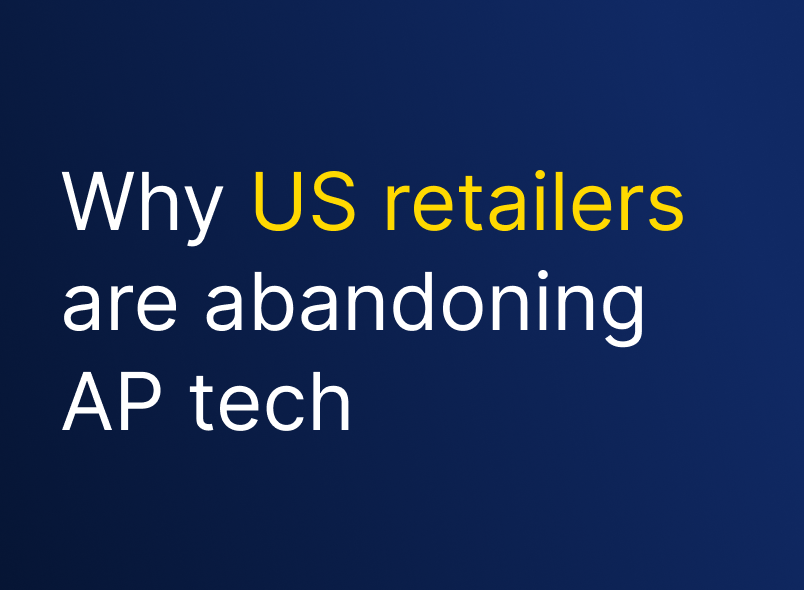The way we work has been changing, with more companies realizing that many commonplace work standards no longer serve them in a positive way. Taking a holistic approach to employees, rather than treating them as just another cog in the wheel is far more standard now than it was even 10 years ago. But how do you successfully instill a more empathetic and mindful culture in your loss prevention (LP) organization?
As part of Auror’s inaugural Global Retail Crime Summit, Auror Co-CEO Phil Thomson spoke with Coles Head of Security Andrew Kouimanis about this very issue and how he is successfully leading his team with empathy.
A mindfulness framework that led to early results
Coles is one of Australia’s leading supermarket and retail brands, with more than 2,500 retail outlets and 120,000 employees across the country. Their AP/LP needs are unrelenting and take place within a broader context of major external stressors such as regular natural disasters and more recently, the coronavirus pandemic.
Andrew has been with the company for the past 20 years and has in recent years been focusing strongly on building an empathetic and mindful culture. He explains that well-being at work is more than just having a good work-life balance. It’s about having a positive culture that “empowers and practices gratitude, empathy and mindfulness”. It involves a deliberate focus on building a mindfulness framework.
A result of this focus led to an incredible 100% engagement score within the Coles’ AP team. Andrew says they have never achieved this result before in an engagement survey and he credits it to being deliberate with their mindfulness framework. Let’s take a closer look at how he built and maintains this framework and the lessons for other AP/LP leaders.

1) Practice what you preach
One of the most important factors for achieving that positive culture at Coles has been leading by example. Andrew gives the example of taking a day off after working until 3am to recharge his batteries and ensure he’s at his best.
He acknowledges that putting your wellbeing and mindfulness first isn’t always easy in the LP space and it’s more than just simply giving yourself a day off when you need to. But, it’s better to “start somewhere” and build from there, than not start at all.
2) Make people feel seen
The way one person in your team works is guaranteed to be vastly different to how someone else in your team works. Making the effort to understand these differences helped Andrew truly see how his team operated on both a professional and personal level.
He says being open, vulnerable and asking for help are things that are important for him to show as a leader and for him to see his team actively practicing. He opens up about his own need to seek help during 2020, a time when Australia was dealing with natural disasters as well as the global pandemic. This is on top of the usual stresses that come with the job.
By practicing what he preaches, Andrew says he is showing his team that it’s okay to open up and seek help, especially in such challenging times.
“It still surprises me in the industry that we all operate in, how many of us still feel we need to be strong and bulletproof,” he says. “Show some vulnerability. And then watch your team and colleagues around you step up.”
3) Help people feel heard
Making people feel valued by helping them feel heard is the next key point in Andrew’s mindfulness framework. He points out that it’s not just about having conversations with them about work - extend it to their lives outside of work, too, and recognize people’s incredibly diverse backgrounds.
As an example, he tells a story about how he learnt one of his team members are grandparents and it’s very important to them that they have time once a week to spend with their grandkids. In a work environment where you have to constantly be switched on, it can be hard to get that time if you’re not in a team that makes you feel heard.
All of these efforts around making people feel seen and heard help to ensure they feel like they matter and feel valued.
4) Ask the right questions
Some of the questions that Andrew started asking his team in the early days of setting up the mindfulness framework were: “Who is someone that makes you smile when you think of them?” and “Who is someone that had a positive impact on your life?” This can bring up fond memories of people you enjoyed working with, or memories of past friends you haven’t seen in a while. Importantly for the success of the framework, these questions help to encourage conversations between people, which help to build trust.
Another question that helped kickstart the mindfulness framework: “What are three things that went well for you today?” This is a personal favorite for Andrew, who asks this question to his family when he gets home. He says it’s always a proud moment for him when his team apply the mindfulness framework in their personal lives as well.
Our lives are going to keep being busy and in the LP space, there is still going to be theft and crime. So reflecting on the things that went well for you is a great way to create positive energy and show vulnerability.
All in all, keep it simple
As advice to others wanting to lead with empathy, Andrew reiterates his points of:
- Just make a start and keep it simple
- Be vulnerable
- Own the framework
“For me there is simply no other way to work than to lead your team with a mindfulness approach, show empathy and show vulnerability. It has created better conversations, better outcomes, but most importantly, better people,” Andrew says.






.png)
.png)